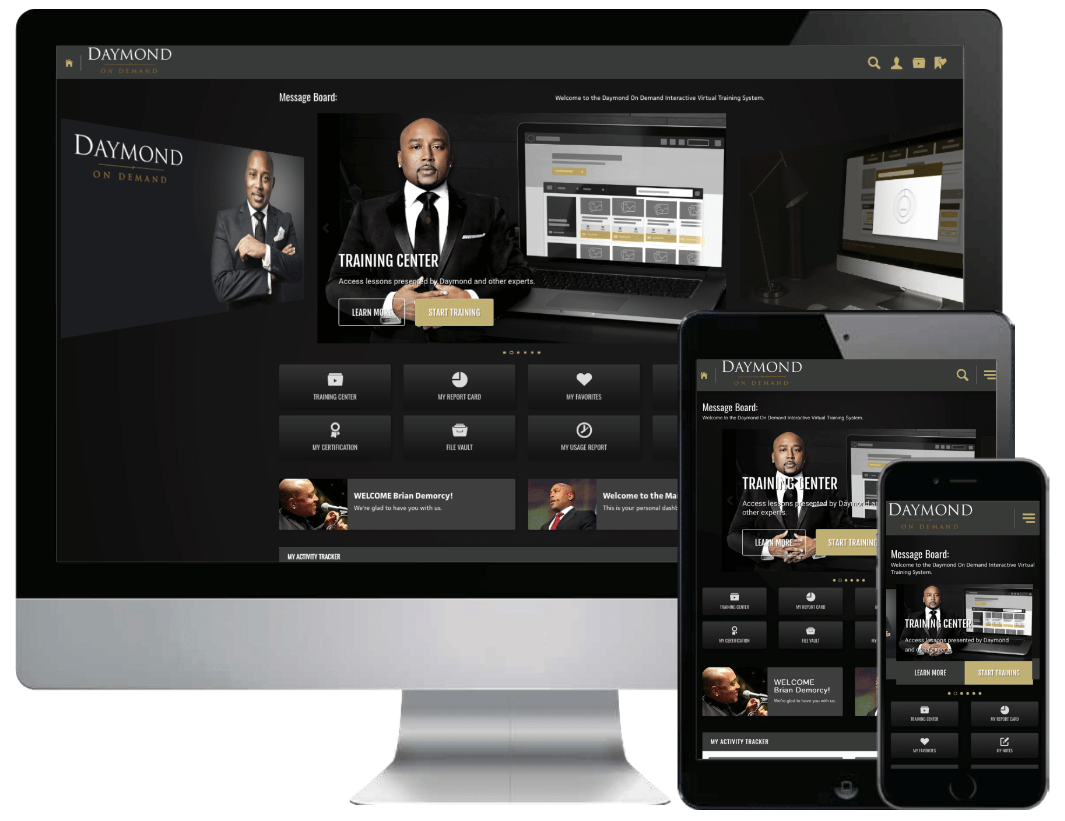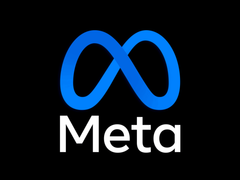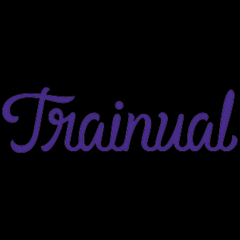Let’s be real—“going green” used to feel like a buzzword.
Now? It’s a business necessity.
I’m not just talking about being trendy. I’m talking about creating a brand that lasts. One that earns customer trust, cuts costs, and stays ahead of the curve.
Because here’s the truth: the most successful businesses today aren’t just focused on profit. They’re focused on impact.
Sustainability isn’t just about saving the planet—it’s about building a smarter, leaner, and more trusted business from the ground up.
Why Sustainability = Competitive Advantage
Consumers are paying attention.
They’re not just looking at what you sell—they’re looking at how you sell it. Who made it. What it’s made of. Where it goes after it’s used.
If your brand isn’t aligned with their values, they’ll move on to one that is.
That’s why businesses that lead with sustainability aren’t just doing good—they’re winning. They’re attracting loyal customers. They’re attracting top talent. They’re even attracting investors who want to put their money behind companies that are thinking long-term.
And here’s the kicker: sustainable businesses often save money by cutting waste, streamlining operations, and using resources more efficiently.
This isn’t charity. It’s strategy.
Real Businesses Doing It Right
Let me hit you with a few examples.
Allbirds built a billion-dollar brand on two things: comfort and sustainability. Their shoes are made from natural materials like wool, sugarcane, and eucalyptus. They disclose their carbon footprint on every product and invest in carbon offsets. Customers love the transparency—and they’ve built a tribe because of it.
Walmart Business is helping small businesses thrive with sustainable solutions at scale. Through initiatives like Project Gigaton and commitments to renewable energy, Walmart is cutting emissions across its massive supply chain. As a Fortune 1 company, their efforts show that even the world’s largest retailers can empower entrepreneurs while driving real environmental impact.
Unilever—a global giant—committed to making all its plastic packaging recyclable, reusable, or compostable by 2025. And guess what? Their sustainable product lines are growing faster than the rest of their portfolio.
Big or small, these brands are proving one thing loud and clear: sustainability pays off.
How to Start Going Green (Without Going Broke)
Now, I get it. If you’re just starting out, going “eco-friendly” might sound expensive or complicated. But it doesn’t have to be.
Here’s how to start integrating sustainability into your business—today:
1. Cut the waste.
Audit your materials, packaging, and operations. Are you overproducing? Using unnecessary plastic? Shipping too much air? Small changes add up—especially over time.
2. Source smarter.
Can you use recycled materials? Partner with local vendors to cut emissions? Choose suppliers with ethical and sustainable practices? The more intentional you are, the better your story—and your results.
3. Communicate clearly.
Let your customers know what steps you’re taking. You don’t have to be perfect, but you do have to be honest. People respect transparency, and they’ll respect your brand more if they know you’re making an effort.
4. Involve your community.
Ask your audience what they care about. Get feedback. Launch eco-friendly product lines based on demand. Invite your customers to be part of the journey—they’ll show up for you when you show up for them.
5. Measure your impact.
Track your energy use, water consumption, waste reduction—whatever makes sense for your biz. What gets measured gets improved. And it gives you something powerful to share with your audience.
Final Thought: Build Something That Lasts
At the end of the day, sustainability is about thinking long-term.
Not just about how your business survives today—but how it thrives tomorrow.
The brands that are going to last? They’re the ones that think ahead. That build trust. That understand that success isn’t just about making money—it’s about making a difference.
So don’t wait until you “have the budget” or “get bigger.” Start now. Start small. Start smart.
Because the future of business is sustainable.
And the future belongs to the ones who prepare for it.
— Daymond
















